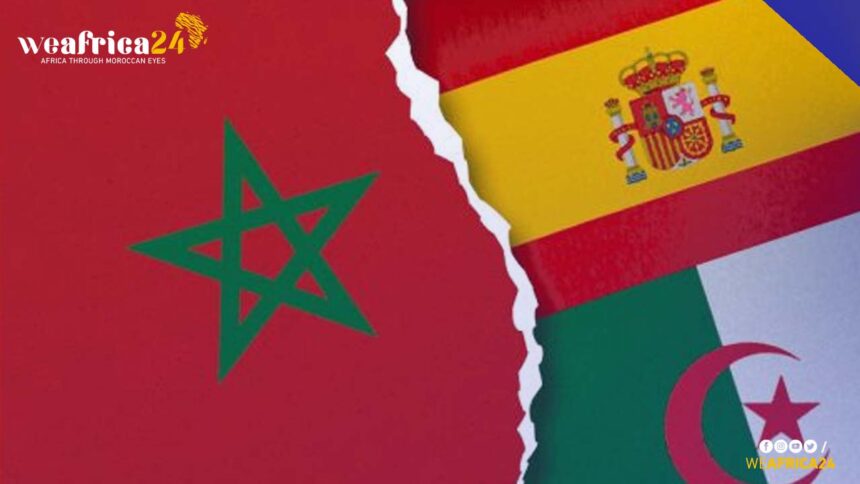The Spanish elections have long been a significant event on the global political landscape, with potential ramifications reaching far beyond the country’s borders. In particular, the outcomes of Spanish elections can often influence relations between neighboring countries, Morocco and Algeria. Both North African nations share complex historical ties with Spain, and any shift in Spain’s political landscape can have profound implications for their bilateral relationships.
The Historical Context
Spain’s colonial past significantly shaped its relationships with Morocco and Algeria. In the late 19th and early 20th centuries, both Morocco and Algeria were under French and Spanish colonial rule, leaving behind a legacy of territorial disputes and unresolved issues. After gaining independence, Morocco and Algeria found themselves vying for influence in the Maghreb region, further complicating their relations.
The Moroccan Sahara
One of the most pressing issues that affect the dynamics between Morocco and Algeria is the long-standing dispute over the Sahara. This region has been a contentious point of contention for decades, and Spain’s historical involvement has added another layer of complexity to the matter.
Morocco claims sovereignty over the Sahara, asserting historical ties and cultural connections to the region. On the other hand, Algeria has been a strong supporter of the Polisario Front. Consequently, any political change in Spain may affect its stance on the Sahara issue, which could, in turn, influence the relations between Morocco and Algeria.
Trade and Economic Cooperation
Spain plays a crucial role in the economies of both Morocco and Algeria. Geographical proximity and historical ties have fostered significant trade and economic cooperation between the three countries. Spanish investments in Morocco and Algeria have increased over the years, contributing to economic growth and stability in the region.
Spanish elections can impact trade policies and investment decisions, potentially affecting economic relations between Morocco and Algeria. For instance, a change in government could lead to shifts in Spain’s approach to trade agreements and economic partnerships, which could have ripple effects on its relationships with neighboring countries.
Security and Migration Concerns
The issue of irregular migration and border security is another significant factor affecting Morocco-Algeria relations. Spain serves as a gateway to Europe for many migrants coming from Africa, including those from Morocco and Algeria. Cooperation between these North African nations is crucial in managing migration flows and tackling cross-border security challenges.
During election periods, the rhetoric on migration and border security often becomes amplified, impacting the way Spain approaches its policies. This, in turn, could influence the dynamics of cooperation or tensions between Morocco and Algeria as they navigate shared migration concerns.
Diplomatic Ties and Regional Stability
Spain’s relations with Morocco and Algeria play a vital role in the overall stability of the Maghreb region. Diplomatic engagements, regional forums, and security collaborations are often influenced by the changing political landscape in Spain. A stable and cooperative Spain can foster dialogue and understanding between Morocco and Algeria, potentially easing longstanding tensions.
The Spanish elections hold significant potential to influence the relations between Morocco and Algeria. As neighboring countries with intertwined histories, their dynamics are sensitive to any shifts in Spain’s political landscape. Issues like the Sahara dispute, trade and economic cooperation, security concerns, and diplomatic ties are all interlinked with Spain’s actions and policies.







